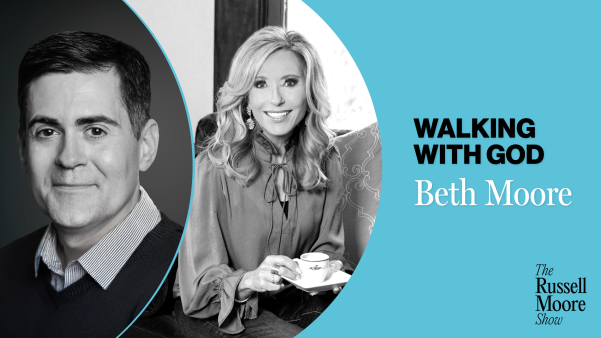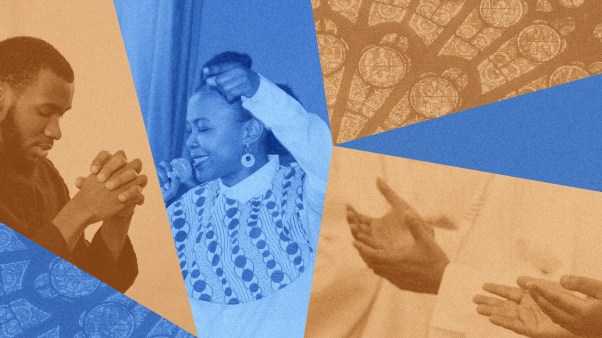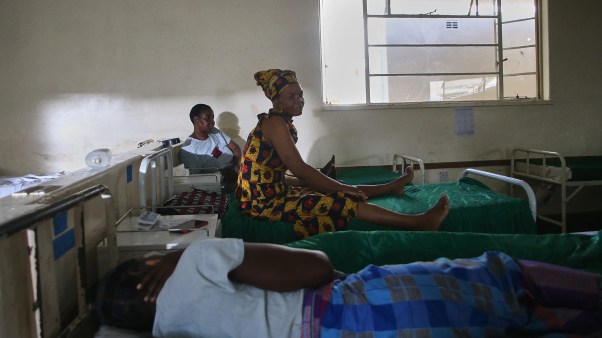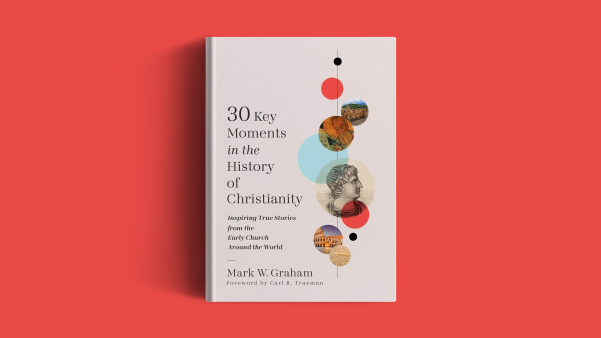Good lord, I look wide. White is not slimming.
As my seamstress buzzes around me, pinning the sides of my dress and taking the hem up to match my five-foot frame, she explains in her thick Greek accent the process of bridal tailoring. "You come in three times. This time, the next time to make sure the pins were right after we've done some work, and a third time to make sure it looks perfect. Okay? We have four months before the wedding. You pay upfront."
"Okay," I reply. "So, what happens if I lose like, 15 or 20 pounds?" I hear myself asking this question, knowing I'd look like a skeleton if I lost that much weight, but still, just wondering. She stops, takes the pins out of her mouth, and looks at me sternly over the top of her thick, cat-rimmed glasses. "You pay again," she says. "But that shouldn't happen. You are small. You do not need to lose weight. And if you do, you pay again, at least to get it taken in. I tell you this upfront so you know. Don't do it. You don't need to."
She peers over at my friend Laura, who is sitting in a chair in the bridal salon, reading a magazine. "Right?" she asks her, her voice getting higher. "She does not need to lose weight. Am I right?" Laura looks up, clearly semi-distracted, and nods. "Right. Yes." In my head, I call them both liars. I spend the next 20 minutes staring in the mirror while my seamstress shows me bustling options.
Generally, I'm happy with my body: small, curvy, athletic. But that changed when I got engaged. Something about taking another big step into adulthood has given me the notion that to enter it well, I need to be perfect. I like the idea of looking my absolute best on my wedding day. (And the wedding night. FINALLY. Amen.) While it's normal for me to want to look good, it's wrong for me to declare myself a failure when the extra workouts and healthy diets aren't leading to the perfect bod I imagined. It kills me. It makes me feel like I'm not quite good enough to get married.
But then, I can't remember the last time I saw myself as qualified, or good enough, for anything.
In their recent Atlantic article, "The Confidence Gap," Katty Kay and Claire Shipman share the findings of their study at Hewlett-Packard to determine how women thought about promotions at work:
A review of personnel records found that women working at HP applied for a promotion only when they believed they met 100 percent of the qualifications listed for the job. Men were happy to apply when they thought they could meet 60 percent of the job requirements. At HP, and in study after study, the data confirm what we instinctively know. Underqualified and underprepared men don't think twice about leaning in. Overqualified and overprepared, too many women still hold back. Women feel confident only when they are perfect. Or practically perfect.
Ding ding ding.
We women see "qualified" and "perfect" as synonymous. For women like me, perfection goes far beyond the reach of work, into every area of life. With friends. With family. With my fiancé. With my body. And with God. This concept of not feeling good enough haunts us in a lot of different ways—we hold ourselves to crazy standards. My friends with kids are constantly telling me what horrible mothers they are (they aren't, by the way). My professional friends think they don't deserve a raise anytime soon—or at least not compared to the man in the next office.
The Wall Street Journal explains:
Perfectionism isn't a psychological condition—there isn't even an official definition. Some people see it as a point of pride to push themselves to achieve and pay close attention to detail. But experts say that perfectionism can become toxic when people set standards that are impossibly high and believe they are worthless if they can't meet them.
In every season, it's easy to let our own feelings of inadequacy ruin the beautiful, temporary moments God has given us to do the work he's called us to. It makes me mad that so much joy can be stolen because we're not measuring up to our own pipelines.
As my wedding date draws near, I'm trying to accept that I'm not going to be perfect. My fiancé and I are committing to love each other as we are, not as we'd like ourselves to be. For me, this means accepting my imperfections so that I can enjoy each step. The commitment comes first—the sanctification comes later. But the commitment is the beginning of a joy-filled knowledge that someone is choosing to love me, every single day, even as he learns more and more about my flaws, and I learn about his.
I'm working on accepting this, but it still gives me anxiety. Some days it's still a struggle to feel worthy, or to not hyper-focus on weird things. (Am I prematurely graying? Is my face getting fatter? Oh my gosh, I hate my wedding dress. Maybe I should wear less padding in my bra so my fiancé isn't shell-shocked on the wedding night….)
But what I'm learning, slowly, is that many of us will never feel good enough for the next steps in life—whether it be marriage, a promotion, a new job, a new baby, a new grandbaby…whatever it is. And yet, God gives us the grace and the capacity to take on each next step as we move forward in faith, not perfection. He never asks us to be perfect. So why do we so consistently demand this of ourselves?
God is the one who is good enough. And for now, that's good enough for me.
Ashley Moore is the assistant editor for Christianity Today's ChurchLawAndTax.com. She regularly contributes to Today's Christian Woman, blogs at ashleygracemoore.blogspot.com, spills on herself at least twice a day, and has developed very strong feelings for her snooze button. Follow her on Twitter:@ashgmoore.









